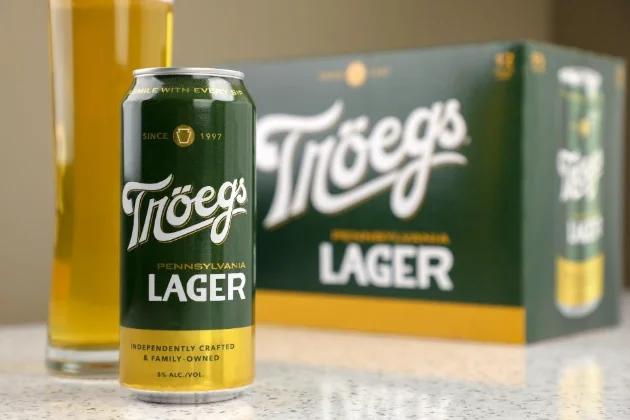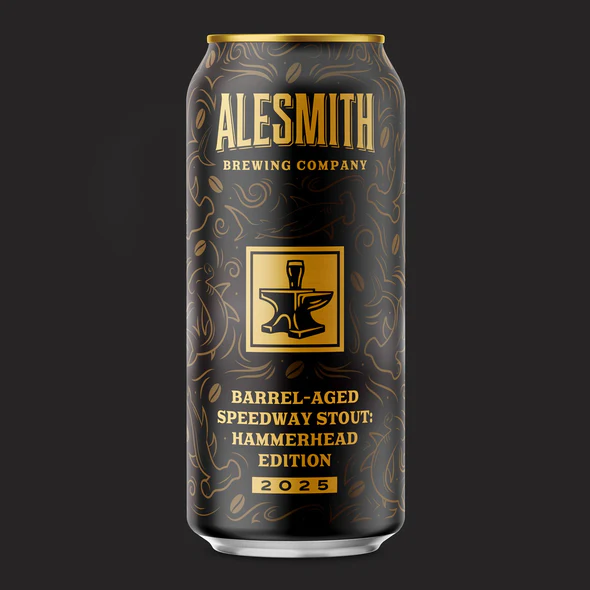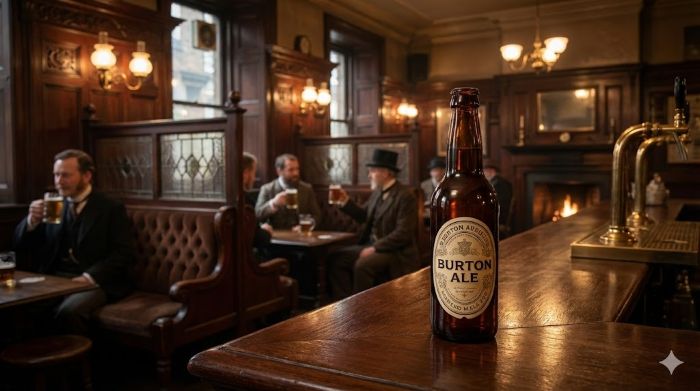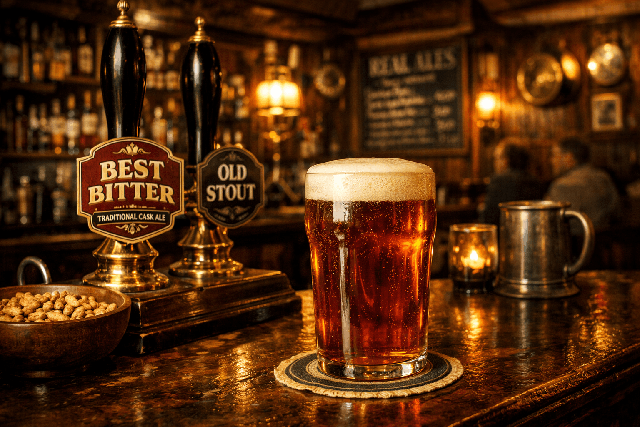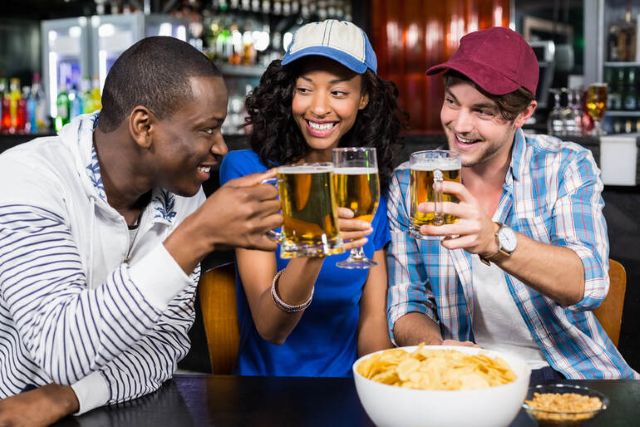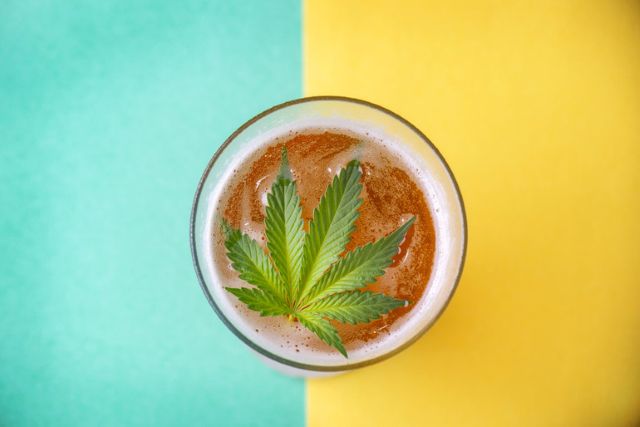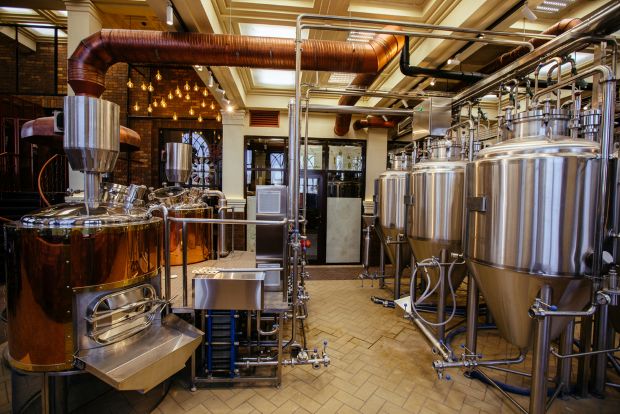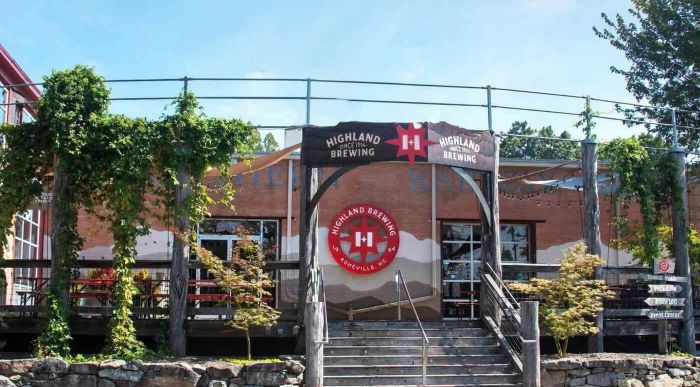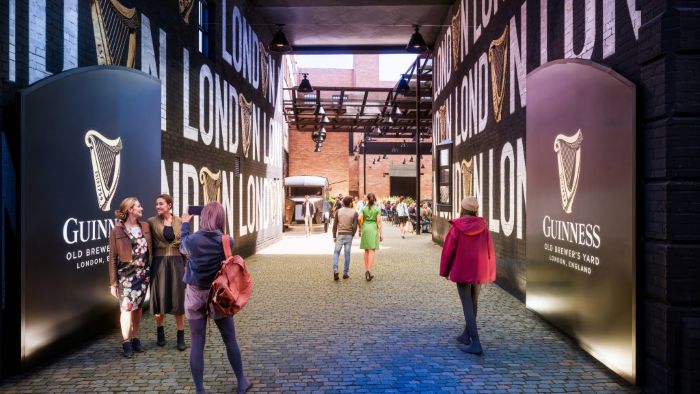Craft Beer Losing Ground With Gen Z
Craft Beer Losing Ground With Gen Z
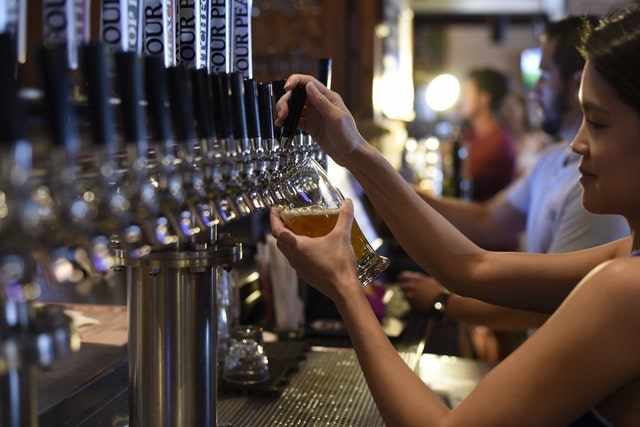
On September 10, Bart Watson, gave his “State of the Industry” presentation at the Craft Brewers Conference in Denver. And during his talk, he touched on what may be a problem for the beer biz in the future. That Gen Z doesn’t care as much about craft beer as their parents or older sibling do.
Watson said that the reasons for this drop off among younger drinkers were many, but according to Denver Business Journal two key factors dominate the discussion…
First, numerous studies have shown that Gen Z, those born between 1997 and 2012, don’t care as much about purchasing locally as the generations before them. And over the last 15 years localism has become increasingly important to core craft beer consumers.

Bart Watson, chief economist, Brewers Association
It’s why, prior to the shutdown brought on by COVID-19, major craft brewers dependent on a wide distribution model such as Sierra Nevada or Stone were losing market share to uber-small local breweries providing super-fresh beer.
That second reason which Watson saw as equally important, is that Gen Z (and men in particular) just aren’t drinking alcohol as much. According to multiple studies, the number of women who are drinking alcohol is higher than the number of men who drink. And in spite of inroads with women over the last decade, beer is still more of a guy thing.
Overall, craft beer in 2020 still accounted for 23.6% of all beer sales even with the months-long closings of many bars and taprooms. And Watson expects the craft beer segment to finish 2021 with a production increase between 7% and 8%.
Watson didn’t dwell on hard seltzer’s impact on Gen Z’s migration away from beer, but other studies are showing a female preference to this emerging segment. And a Brewers Association survey showed that one-third of all brewers who responded were now crafting “beyond-beer” products.
The survey also showed that a full two thirds of craft beer drinkers were getting more “mindful” about their drinking and choosing beers that support specific needs (read: low calorie, low carb, gluten free).
“We are an industry in transition. Watson added “and an industry that looks different than it did before.”


